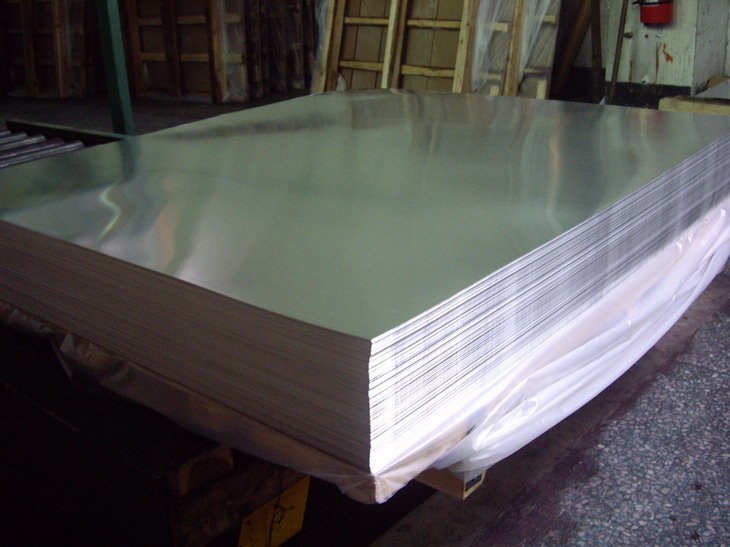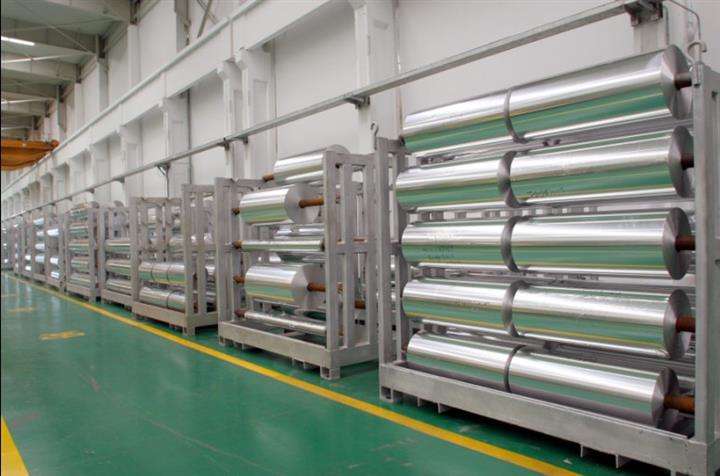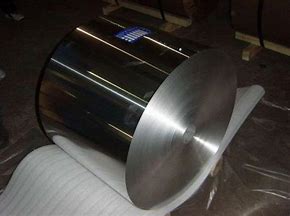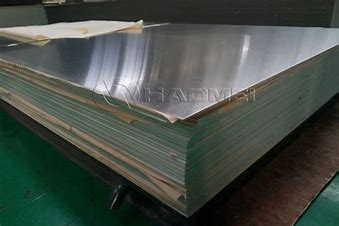



Today we are going to discuss on the topic "mould cold pressing and deep cooling of aluminium alloys". If you need knowledge from this aspect, please read the following passage. If you need to buy aluminum alloy products, please contact us via email.
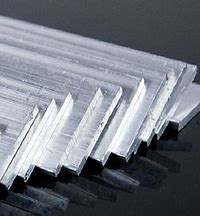
Cold press method
When the finishing die is pressed down, the finishing die is embedded in the end face of the aluminium die forging and the die slope of the rim (bar), which actually causes the web part of the die forging to "stretch". Therefore, this method is to adjust rather than eliminate the overall stress level of the part, it makes the aluminum alloy forging on some parts of the residual stress to be released at the same time, may make other parts of the residual stress increase. In addition, in view of the large residual stresses that already exist in aluminium alloy forgings, too much die deformation may cause cold work hardening, cracking and fracture; while too little deformation will make the stress relief effect poor, so the limitation of this method is that it is difficult to accurately control the amount of die deformation in actual operation.
Deep cooling method
The deep cooling method, also known as the cold stabilisation method, can be divided into two types of process: the deep cooling method and the hot and cold cycle method. Among them, the deep cooling and rapid heating method is to contain residual stress parts immersed in -196 ℃ liquid nitrogen deep cooling, to be uniform inside and outside the temperature and quickly with hot steam injection, through the rapid heat and cold to produce the opposite direction of thermal stress, thereby offsetting the original residual stress field. Studies have shown that the deep cooling and rapid heating method can reduce residual stresses by 20-84% under the selection of suitable process parameters. The biggest advantage of deep cooling is that it can improve (or at least not reduce) the strength, hardness, wear resistance and tissue stability of the material while effectively eliminating residual stresses. As there are no restrictions on the size and shape of the part, the deep cooling process is suitable for die-forged and cast parts with complex shapes. Deep-cooling prior to machining can also significantly improve the tendency of aluminium alloys to be machined with severe deformation, and improve the material's organisational stability. However, the existing relevant research points out that the deep cooling treatment can only eliminate the residual stresses generated by the heat treatment temperature gradient, but can not effectively eliminate the residual stresses generated by machining, cold forming and other uneven plastic deformation, and the effect of the elimination of residual stresses in welding is also poor.
However, the above five common methods will try to eliminate the residual stresses in aluminium alloy materials.
* Thank you for your inquiry. Please provide your business needs information so that we can better serve you.
This information can help us assign the most suitable person to solve your problem. We will give you feedback within 1-2 working days.
Related Blog
